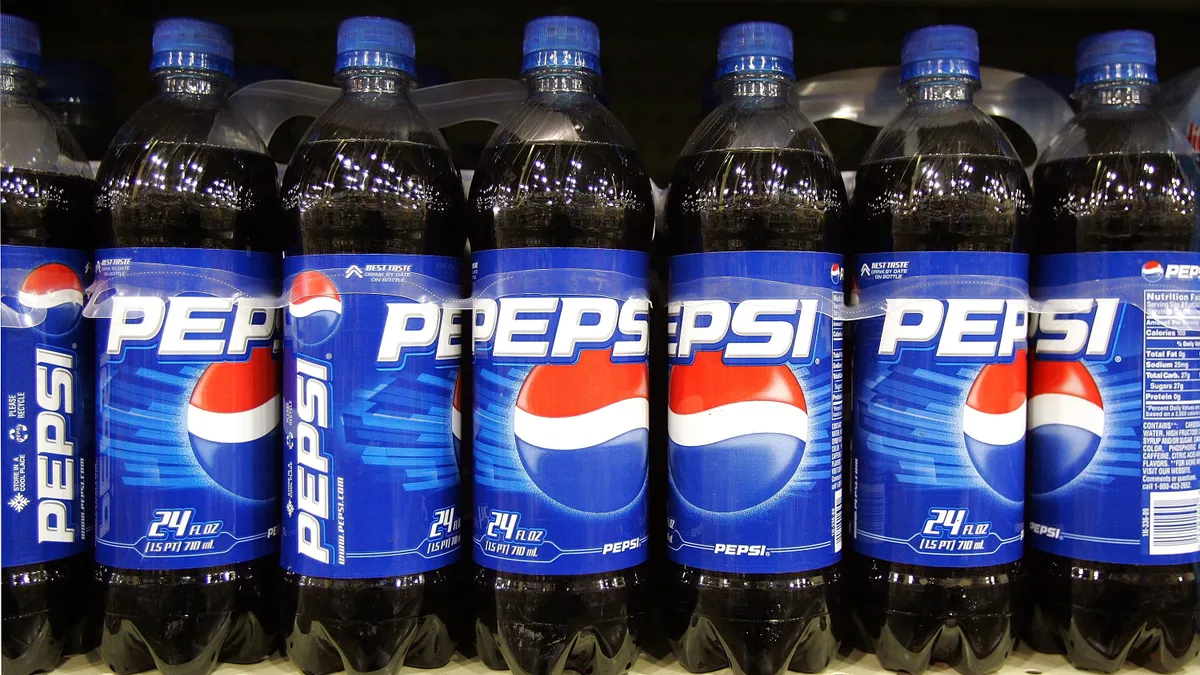Dive Brief:
- PepsiCo joined the corporate return-to-work wave, now offering 16-week internships in food service sales, manufacturing, planning and logistics, retail and sales for professionals. Candidates for the program are professionals who have taken at least two years off of work for caregiving, with at least five years of work experience.
- The returnship offers participants networking opportunities and professional development workshops, and also pairs them with mentors. After completing the program, workers have the chance to be offered full-time employment in the Atlanta, Orlando, Tampa and Louisville markets.
- The food and beverage company teamed up with non-profit organization Path Forward, which launches and facilitates returnship programs for businesses. Partners include AllState, Amazon, Intel and NBCUniversal.
Dive Insight:
Many companies, including IBM and JPMorgan Chase, are launching returnship programs as a response to women leaving the workforce due to the demands of the pandemic. Goldman Sachs and Schneider Electric have also crafted programs that specifically cater to women.
Heather Hoytink, president of PepsiCo Beverages North America’s South Division, told HR Dive that her company’s returnship isn’t just about getting talent fizzed about PepsiCo, but also to bring them up to speed in their industries. Their goal is to provide caregivers with “a stage to open more doors for them in the future,” she said.
Her advice to HR pros welcoming caregivers into the workplace? See them as a talent advantage. “Caregivers can be an asset to any team because they are often incredible at prioritizing their workload and more open to upskilling – in part due to how they’ve handled their responsibilities at home,” Hoytink said. “This is a unique set of people, primarily women, that aren’t lacking in talent or drive. They just haven’t been given the opportunity to show up again and contribute.”
Like with all diverse hiring initiatives, talent acquisition is only one piece of the puzzle. Retention is another challenge — one that can be overcome by a company culture dedicated to work-life balance. “Whether you call it ‘the Great Resignation’ or ‘the end of hustle culture,’ our current way of working means we have the tools to retain caregivers by offering flexibility on hours, and respecting the lives and responsibilities that people have beyond the workplace,” Hoytink said.
Through open communication and planning, companies can keep caregivers in the workforce. By offering the perk of flexibility to everyone, Hoytink added, “Companies can retain this valuable talent pool, without ostracizing them from their peers through perceived special treatment.”













